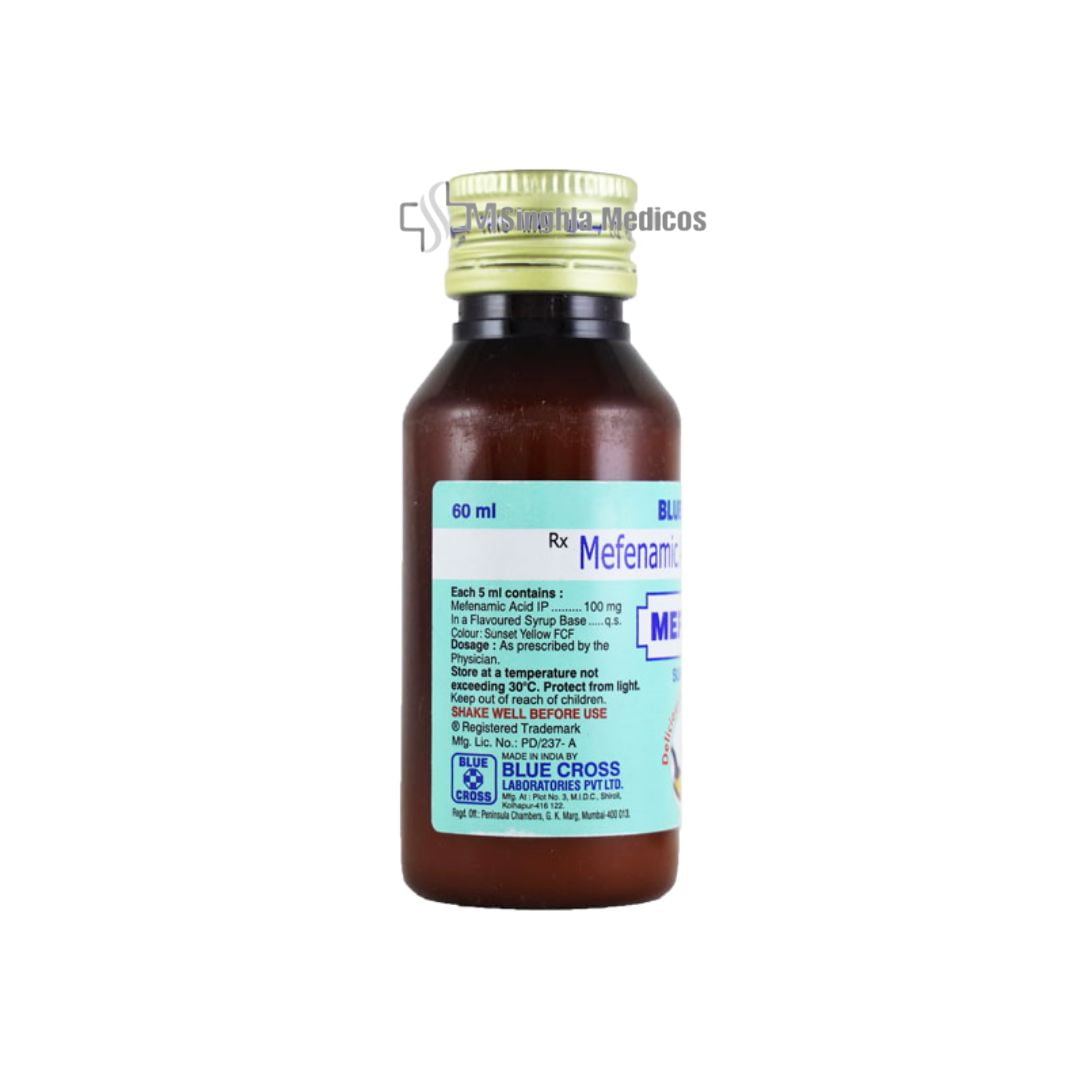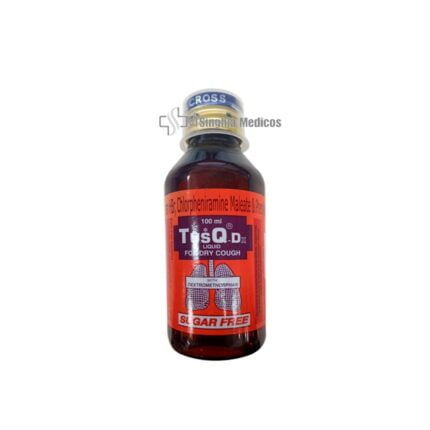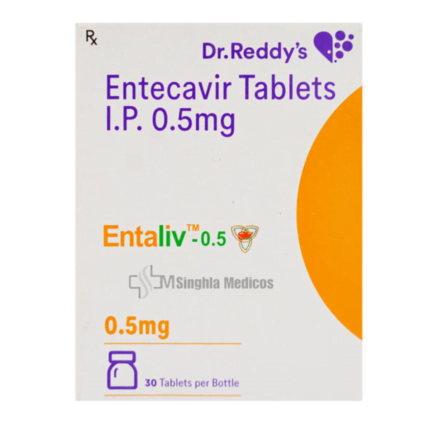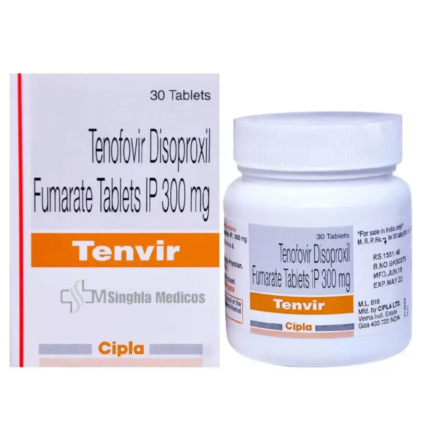Product Introduction
Meftal-P Suspension is a medication commonly used to alleviate pain and reduce fever in children. This pharmaceutical product contains two active ingredients: Mefenamic Acid and Paracetamol. Mefenamic Acid is a nonsteroidal anti-inflammatory drug (NSAID) that provides relief from pain and inflammation, while Paracetamol (also known as Acetaminophen) is widely recognized for its analgesic (pain-relieving) and antipyretic (fever-reducing) properties.
Meftal-P Suspension is typically available in a liquid form, making it easier to administer to children who may have difficulty swallowing tablets or capsules. The formulation is carefully balanced to ensure that it is both effective and safe for pediatric use. The suspension is usually available in bottles with a dosage spoon or dropper for accurate measurement.
Uses of Meftal-P Suspension
Meftal-P Suspension is primarily used for the following purposes:
- Fever Reduction: It is commonly used to lower high fever in children caused by infections such as colds, flu, or other illnesses. By reducing fever, the medication helps to alleviate discomfort and prevent complications associated with elevated body temperature.
- Pain Relief: The suspension is effective in managing various types of pain in children. This includes mild to moderate pain resulting from conditions such as headaches, toothaches, earaches, or muscle strains. It is also used for pain associated with teething or minor injuries.
- Inflammatory Conditions: Due to the presence of Mefenamic Acid, Meftal-P Suspension is beneficial in treating pain associated with inflammation. Although it is less commonly prescribed for chronic inflammatory conditions in children, it can be useful for short-term relief.
Benefits of Meftal-P Suspension
The benefits of Meftal-P Suspension are derived from its dual-action formula:
- Effective Pain Relief: The combination of Mefenamic Acid and Paracetamol provides a potent analgesic effect, helping to reduce pain from various sources. This dual-action approach often results in faster and more effective pain relief compared to using either ingredient alone.
- Fever Management: By lowering body temperature, Meftal-P Suspension helps to make a child more comfortable when they have a fever. It can prevent the discomfort associated with high fever and reduce the risk of complications like dehydration.
- Convenient Administration: The liquid form of the suspension makes it easy to administer to children. It is often flavored to improve palatability, making it more acceptable for young patients who might resist taking medicine.
- Combination of Ingredients: The synergy between Mefenamic Acid and Paracetamol allows for comprehensive symptom management. While Mefenamic Acid tackles pain and inflammation, Paracetamol addresses fever and additional pain relief needs.
Side Effects of Meftal-P Suspension
As with any medication, Meftal-P Suspension can cause side effects, although not all individuals will experience them. Common side effects include:
- Gastrointestinal Issues: Some children may experience stomach upset, nausea, vomiting, or diarrhea. These symptoms are typically mild but should be monitored, especially if they persist or worsen.
- Allergic Reactions: Rarely, allergic reactions such as rash, itching, or swelling may occur. In severe cases, symptoms of anaphylaxis, including difficulty breathing and swelling of the face or throat, might be observed. Immediate medical attention is required in such instances.
- Liver Function: Prolonged use or high doses of Paracetamol can affect liver function. It is important to adhere to the recommended dosage to minimize the risk of liver damage.
- Kidney Function: NSAIDs like Mefenamic Acid can impact kidney function, particularly if used in excessive amounts or for prolonged periods. This is less common with short-term use but should be monitored.
- Drowsiness or Dizziness: Some children might feel drowsy or dizzy after taking the suspension. If these symptoms occur, it is advisable to avoid activities that require full alertness, such as operating machinery or participating in strenuous activities.
- Rare Side Effects: In very rare cases, more severe side effects such as gastrointestinal bleeding or ulcers may occur. These are typically associated with long-term use or high doses.
References
-
Grosser T, Smyth E, FitzGerald GA. Anti-Inflammatory, Antipyretic, and Analgesic Agents; Pharmacotherapy of Gout. In: Brunton LL, Chabner BA, Knollmann BC, editors. Goodman & Gilman’s: The Pharmacological Basis of Therapeutics. 12th ed. New York, New York: McGraw-Hill Medical; 2011. p. 989.
Disclaimer
Singhla Medicos’s primary intention is to ensure that its consumers get information that is reviewed by experts, accurate and trustworthy. The information and contents of this website are for informational purposes only. They are not intended to be a substitute for professional medical advice, diagnosis, or treatment. Please seek the advice of your doctor and discuss all your queries related to any disease or medicine. Do not disregard professional medical advice or delay in seeking it because of something you have read on Singhla Medicos. Our mission is to support, not replace, the doctor-patient relationship.












Reviews
There are no reviews yet.